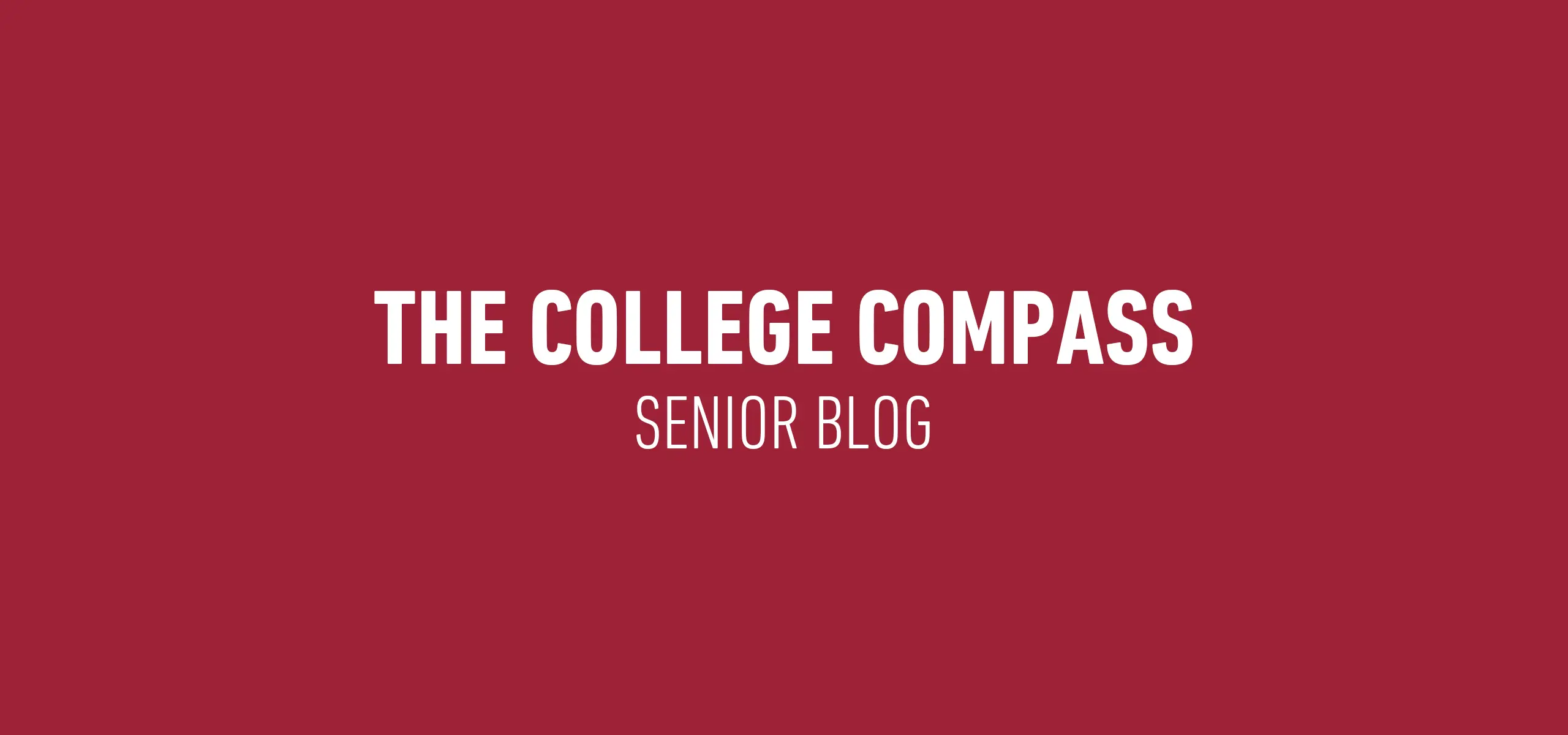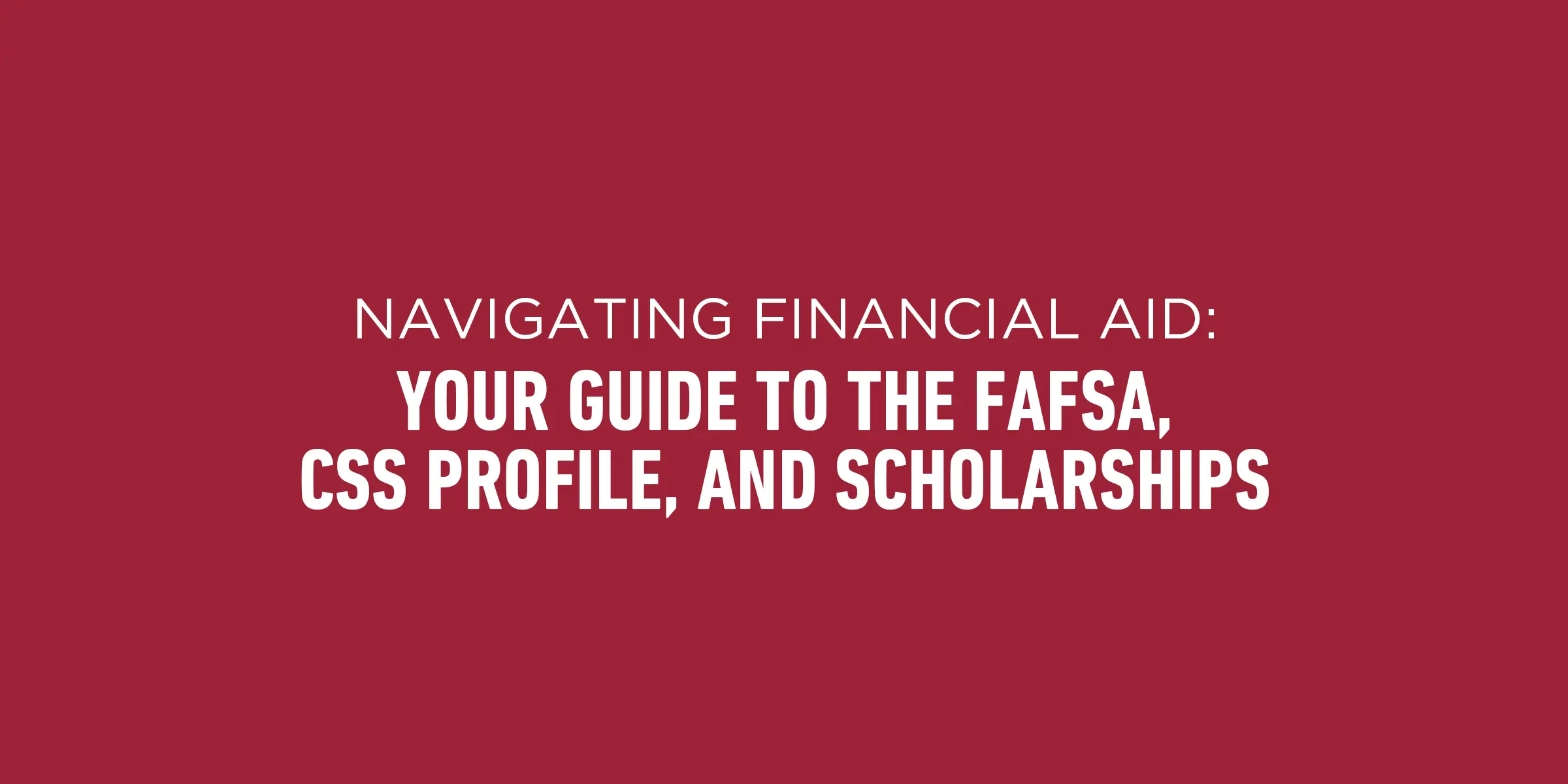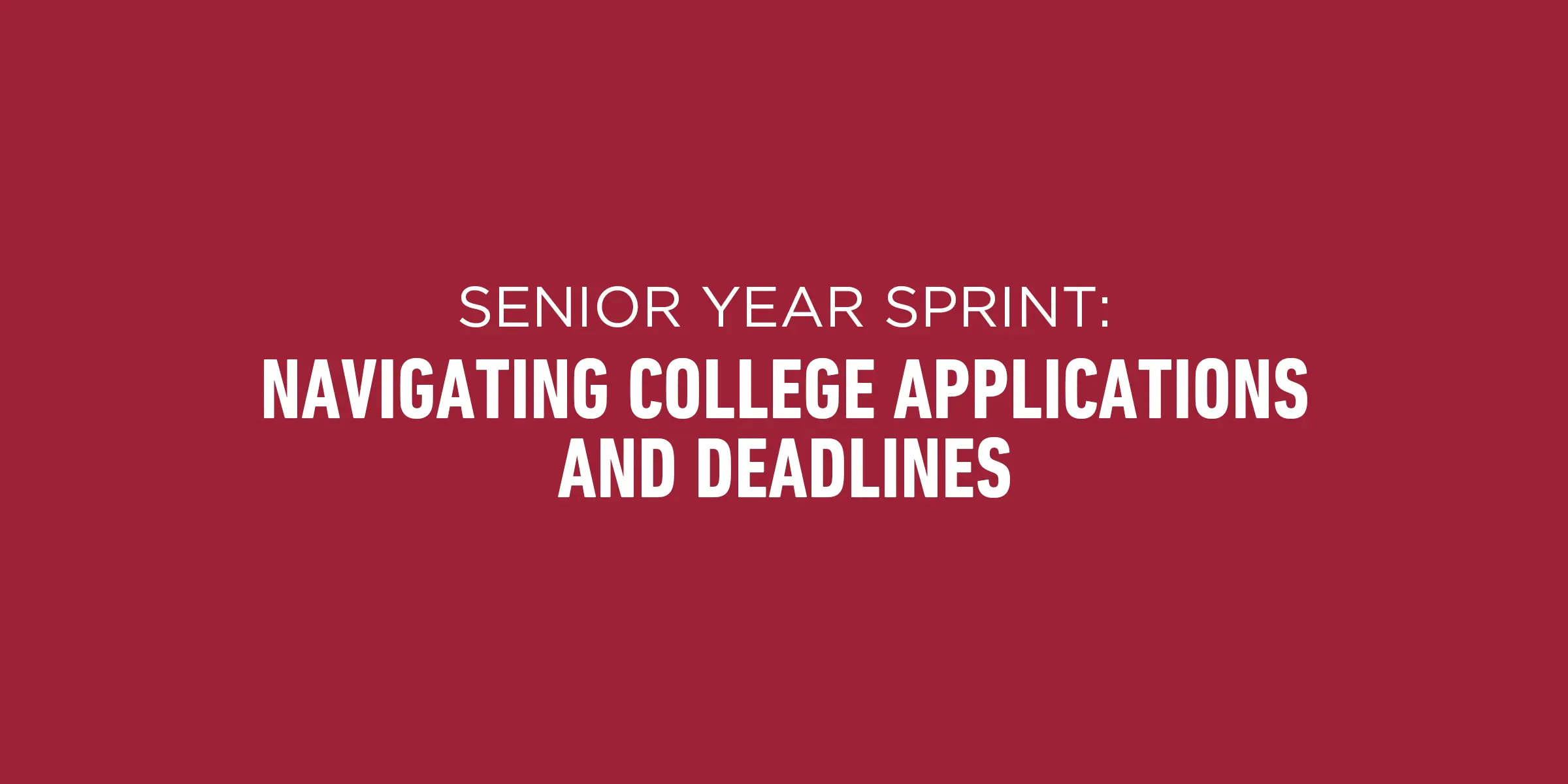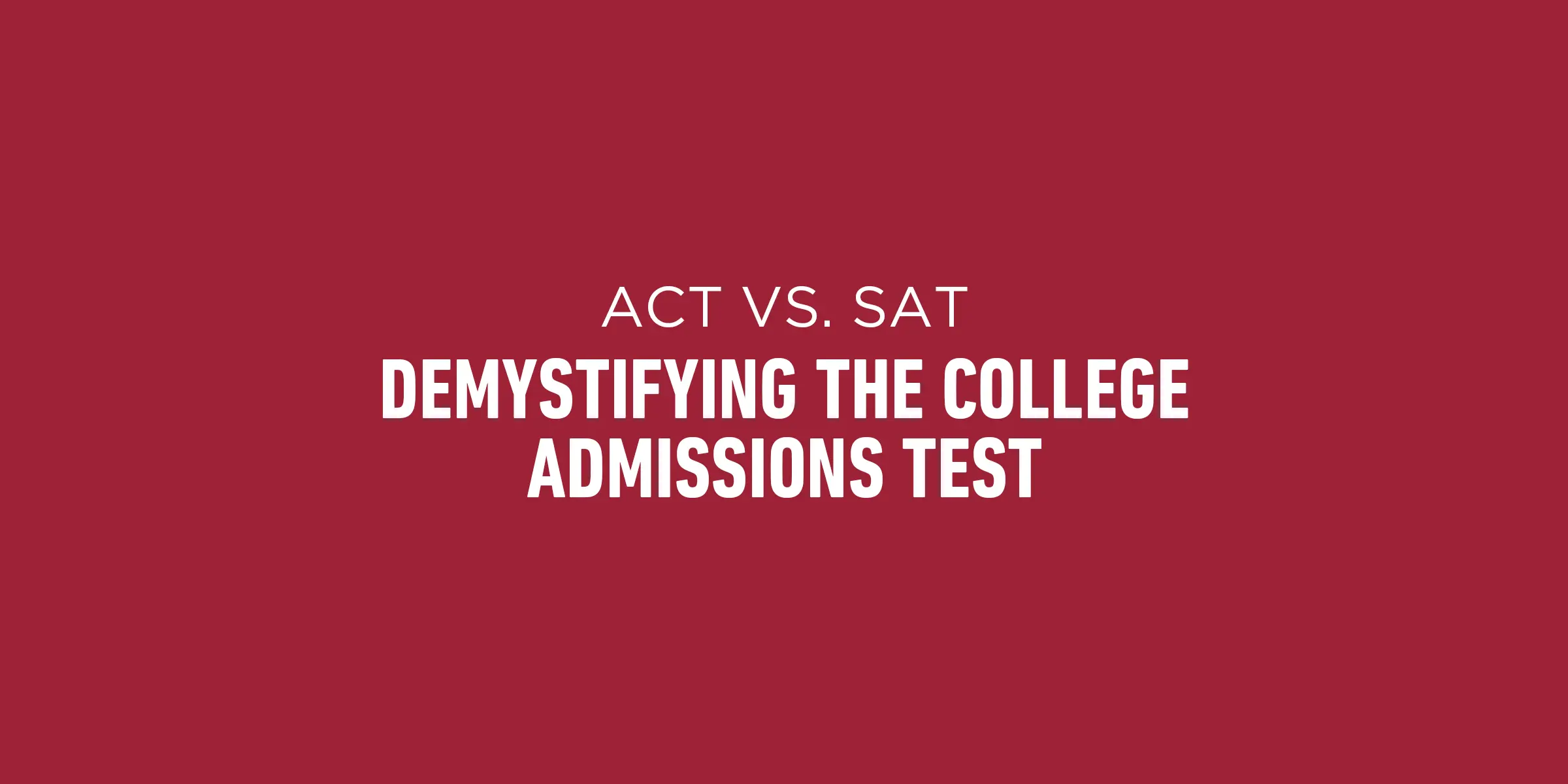Senioritis is Real: Why Your Second Semester Grades Still Matter
February 2026
It’s February. The "College Application" finish line is behind you. The weather is starting to turn, and the "Senior Slide" is tempting. You’ve worked hard for three and a half years, and you might feel like you’ve already "won" the game of high school.
But before you trade your textbooks for beach towels, there is a hard truth you need to hear: Your college acceptance is a contract, and that contract has a "fine print" clause.
Here is why maintaining your GPA in the second semester isn't just a good idea—it’s a requirement for your future.
1. The "Rescission" reality
Every acceptance letter you receive includes a conditional statement that looks something like this: "Your admission is contingent upon the successful completion of your current courses at a level comparable to your past performance."
If your straight-As suddenly turn into Cs and Ds, colleges have the right to rescind (withdraw) your offer of admission. While it doesn't happen to everyone, it happens to hundreds of students every year. By the time you get a rescission letter in July, it’s often too late to apply anywhere else.
2. The Mid-Year and Final Transcript
Your counselor will send a Mid-Year Report (grades from the first half of senior year) and a Final Transcript (your final grades after graduation).
- Mid-Year Report: This can influence decisions for students who were deferred or waitlisted.
- Final Transcript: This is what the admissions office reviews in June or July to ensure you didn't let your performance "fall off a cliff."
3. Financial Aid and Scholarship Stakes
Many merit-based scholarships are tied to your final high school GPA. If you were awarded a $10,000-per-year scholarship based on a 3.8 GPA, and you graduate with a 3.4, that money could disappear.
Pro-Tip: Check your scholarship terms now. Some awards require you to maintain a specific GPA through the very last day of senior year to remain eligible for the funds.
4. Academic Momentum (The "Brain Rust" Problem)
College academics are significantly faster and more difficult than high school. If you spend five months doing zero math or writing no essays, you will experience "brain rust."
- A student who slacks off in AP Calculus during May will struggle immensely in College Calc in September.
- Staying engaged now isn't about getting a 100%; it’s about keeping your "study muscles" toned so you don't feel overwhelmed during your first week on campus.
5. How to Beat Senioritis (Without Burning Out)
You don't have to be a perfectionist this semester, but you do have to be a professional. Use these strategies to stay on track:
- The "B-Rule": Vow that you won't let any grade drop below a B. It allows for some relaxation without triggering any "red flags" for admissions officers.
- Focus on "Firsts": Take an interest in things you’ll actually use in college. If you’re a future engineering major, stay sharp in physics; if you’re a future writer, focus on your English lit projects.
- Celebrate Milestones: Use prom, senior skip day, or graduation parties as rewards for finishing your weekly assignments.
Bottom Line: You are in the home stretch. Don't let a few months of "senioritis" undo four years of hard work. Finish strong so that when you walk across that stage in May, your college future is 100% secure.














-385.png_385.png?version=638525887025100000)